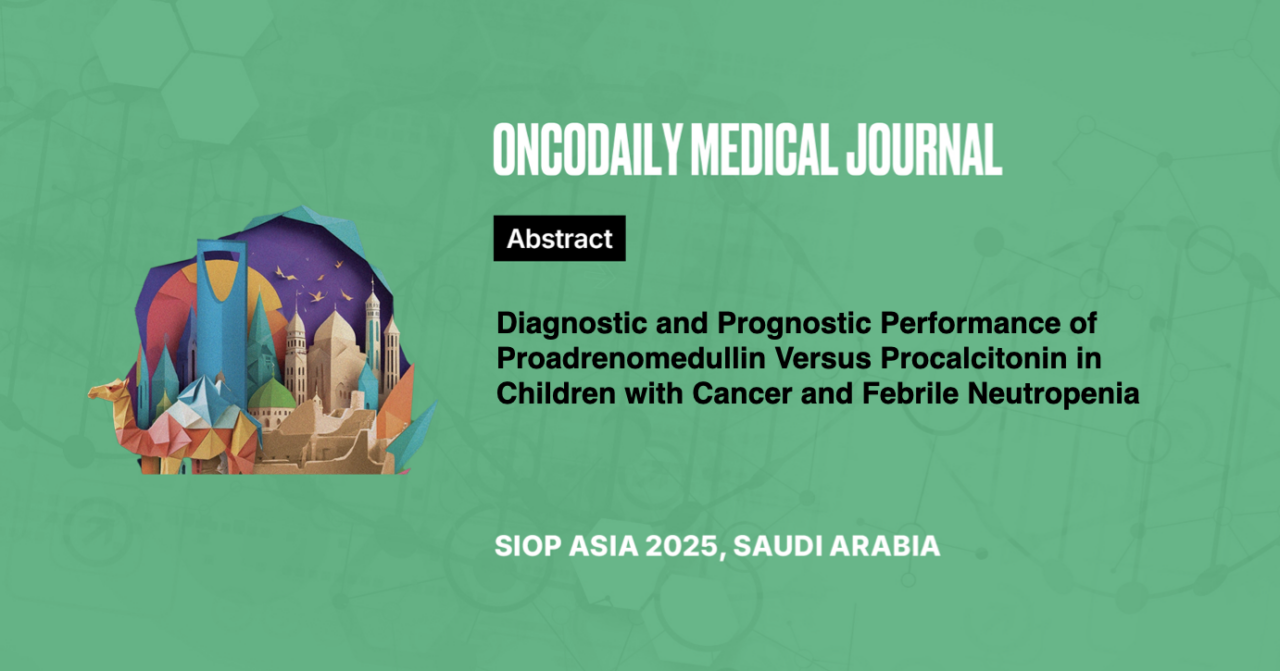Diagnostic and Prognostic Performance of Proadrenomedullin Versus Procalcitonin in Children with Cancer and Febrile Neutropenia
Abstract
Introduction: The primary objective of this study was to compare the performance of proadrenomedullin (ProADM) and procalcitonin (PCT) for diagnosing clinically documented infections (CDI)/ microbiologically documented infections (MDI)/ fever without focus (NF) in children with cancer having febrile neutropenia(FN). The secondary objective was to compare the prognostic utility of PCT and ProADM for identifying adverse clinical outcomes (non-response or mortality).
Methodology: Cancer patients (aged ≤18 years) presenting with febrile neutropenia were included in the study. Any child who had received antibiotics in the last 14 days was excluded. All children received empirical antibiotics based on the institutional protocol. Serum PCT and ProADM were analyzed on days 1, 3 and 7 of enrollment. All patients were followed up till 30 days after enrolment. Adverse outcome was defined in terms of clinical non-response and day 30 mortality.
Results: In this study, 345 patients were recruited. In patients with MDI, the PCT values were significantly higher compared to those with CDI on day 1 (P=0.031) and day 7 (P< 0.001); PCT ≥0.21 ng/mL on day 1 had a 77% sensitivity and 44% specificity for diagnosis of MDI; the area under receiver operating characteristic curve (95 CI%) was 0.601 (0.49, 0.71). ProADM did not differentiate between MDI and CDI. Both PCT and ProADM on day 1 did not predict the need for second line antibiotics. In multivariate analysis, the PCT on day 1 (≥0.21 ng/ml) was predictive of MDI (P=0.041) and PCT on day 7 (≥1.77 ng/mL) was a significant independent predictor of day 30 mortality outcome.
Conclusion: In children with cancer, the PCT during FN proved effective in differentiating between MDI, CDI, and NF. In addition, the PCT predicted the day 30 mortality in these patients, suggesting that the PCT has a promising role in improving the management of FN in childhood cancer.





